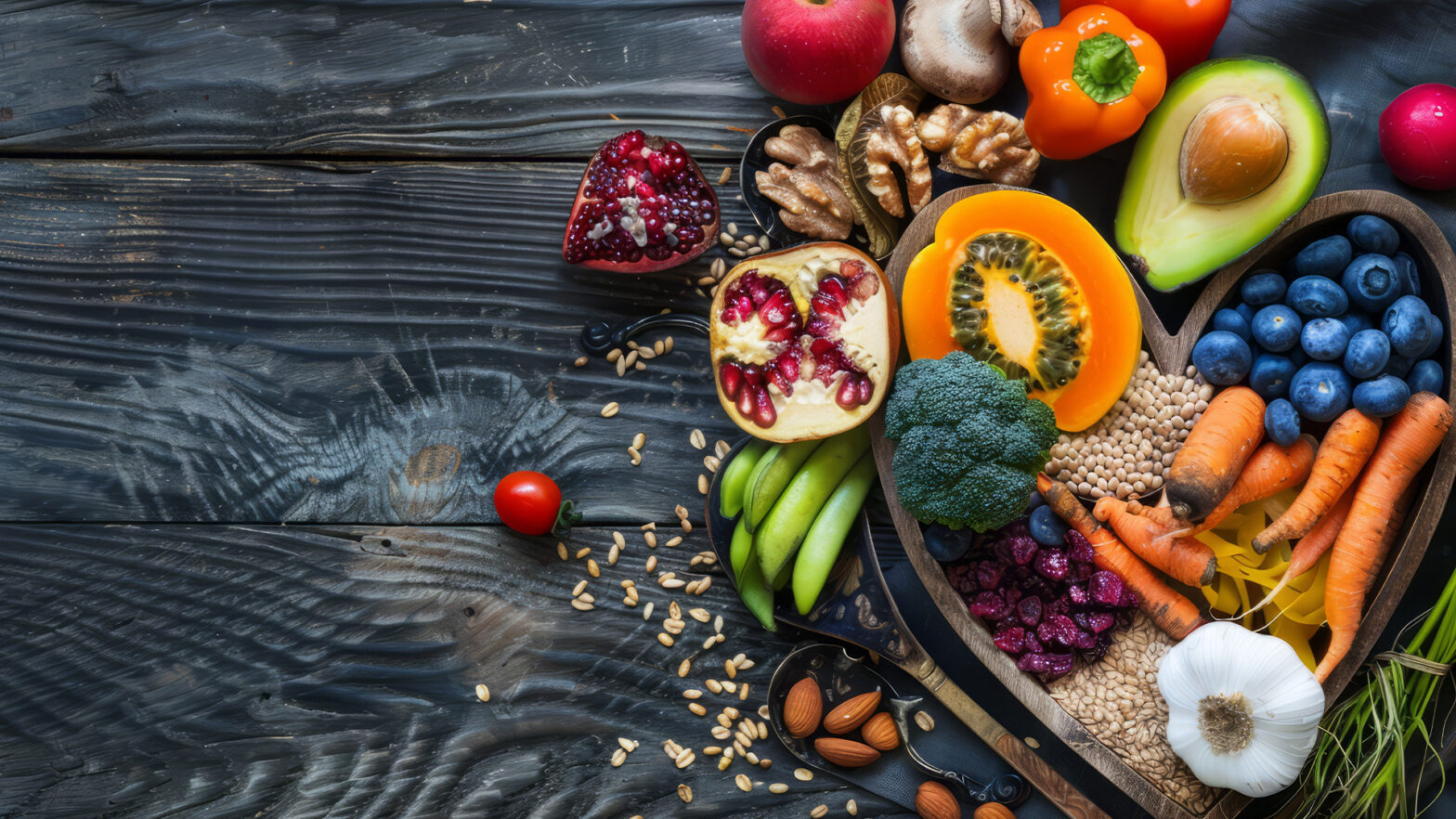
By Loz Antonenko, Healthy Habit Coach at Loz Life
Food. Yum, right? I love to eat! And I eat a lot. I was born with food in or around my mouth. No shame in that. But how often have you indulged in something you know you shouldn’t and immediately felt guilty? I’ve done it!
Your weight and overall health depend heavily on your diet. The daily lifestyle choices, your strategy (or lack thereof), and accountability shape your eating habits. The fuel you put into your body is the foundation of optimal living and wellness. It drives you to nourish your body, improve your mindset, and boost your energy.
Looking good and feeling great go hand in hand. Nothing tastes as good as healthy feels. Maintaining a healthy lifestyle starts with food. Without quality nutrition, you can’t create a positive mindset or go after the positive changes you seek. Your gut health significantly affects your brain function, and addressing your diet and gut health makes exercise manageable. If you’re not fuelling your body and mind to perform at their best, how can you maintain momentum on your path to success?
Seven steps to build a balanced diet
1. Nutritional needs
To strive for optimal nutrition, understanding the basics of food and why certain items are better choices is important. We all want to feel content, nourished, and energised. If you know how, when, and what to eat every day for the rest of your life, it becomes part of your everyday life. There are seven essential components of food:
- Carbohydrates: Needed for energy and organ function.
- Fats: Concentrated energy sources that also make food taste better.
- Proteins: Vital for energy, growth, immune function, hormones, and enzyme production.
- Fibre: Makes foods bulkier, prevents constipation, and slows nutrient absorption.
- Water: Essential for life, as most of your body is made up of water.
- Vitamins: Necessary for normal bodily function, found in small quantities in food.
- Minerals: Required for soft tissue, skeletal, and fluid function.
2. Get planning
Meal prepping is a game-changer. By planning and preparing your meals in advance, you save time and ensure you eat healthily. You can start on this by:
- Write down what you’ll eat for each meal throughout the week.
- Write a shopping list and stick to it to avoid impulse buys and ensure you have all the ingredients you need.
- Batching is your friend: Prepare large quantities of meals and store them in portion-sized containers in the freezer, so when you are hungry, good choices are right there.
3. All about balancing your plate
When you look at your plate at each meal, it should have a mix of carbohydrates, fats, proteins, fibre, vitamins, and minerals. But how much of each? Try this:
- Fill half your plate with fruits and vegetables.
- Fill a quarter with lean proteins like chicken, fish, beans, or tofu.
- Fill the last quarter with whole grains like brown rice, quinoa, or whole wheat pasta.
4. Hydration is a game changer
Drinking plenty of water is crucial for keeping your body functioning optimally. At a minimum, us humans should drink at least 8 glasses a day, but 2 litres is optimal. Water helps digestion, nutrient absorption, and energy levels. It also helps with our thinking and important bodily functions that keep us healthy and alive.
5. Quick fixes aren’t as quick as you think
Trendy diets and quick fixes aren’t sustainable. If you want to change, focus on the long term, and don’t make it too complicated, because you want to stick with it. Once you have your meals planned and are reaching for better choices, your taste buds will thank you, and so will your body and mind. The natural taste of simple, nutritious food. It’s better for you than medicine.
6. Friends in your corner
Tell your family and friends about your healthy eating journey. Having support makes change easier, because you know people are in your corner and can support you in your healthier choices. You never know, you may inspire them to join you.
7. What gets measured
Keep track of your journey so you can see the changes and celebrate your new found health. Use a journal or app to record what you eat and how you feel. This can help you identify patterns and stay accountable. It’s okay to indulge occasionally. Apply the 80/20 rule: eat healthily 80% of the time, and allow for some treats 20% of the time. Never stop learning about nutrition and never be afraid to experiment with new healthy recipes and foods.

















